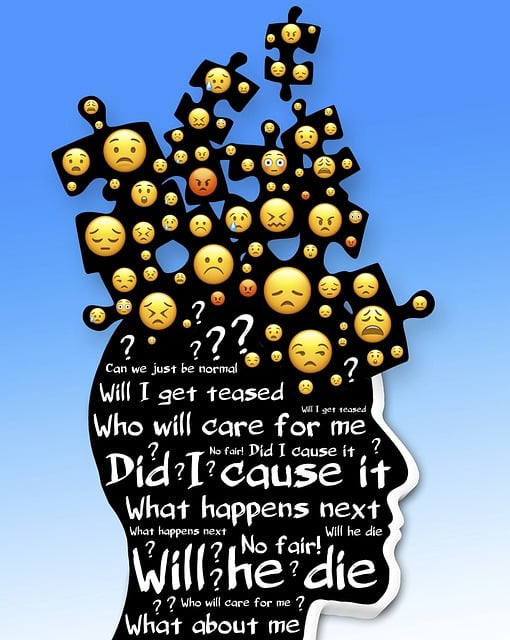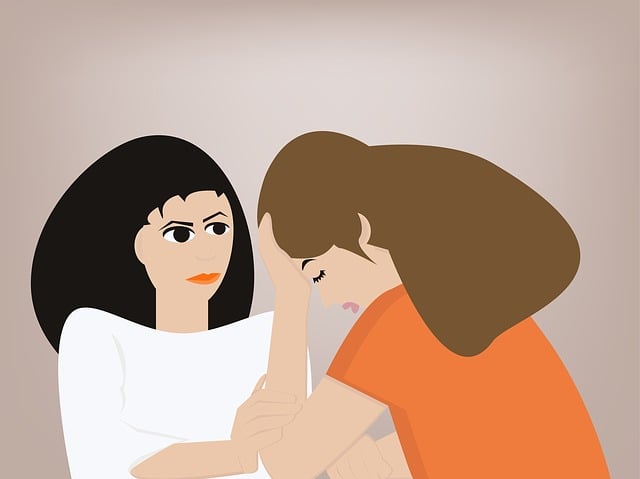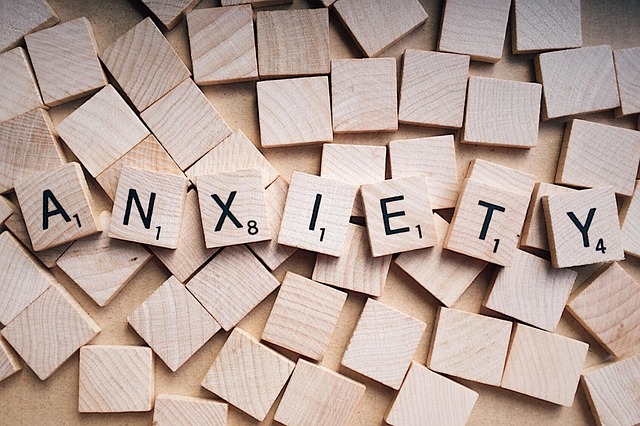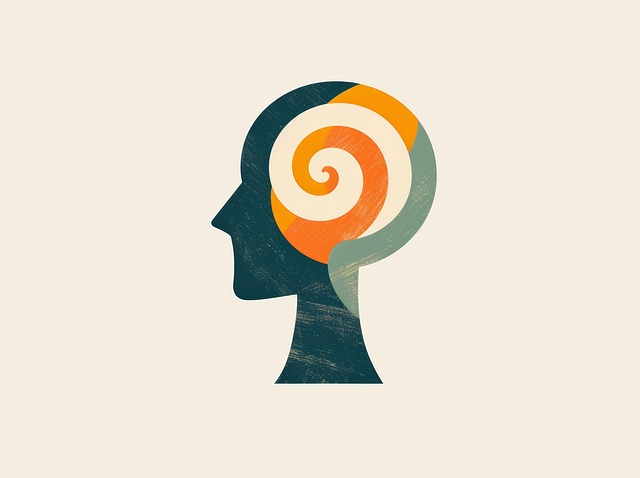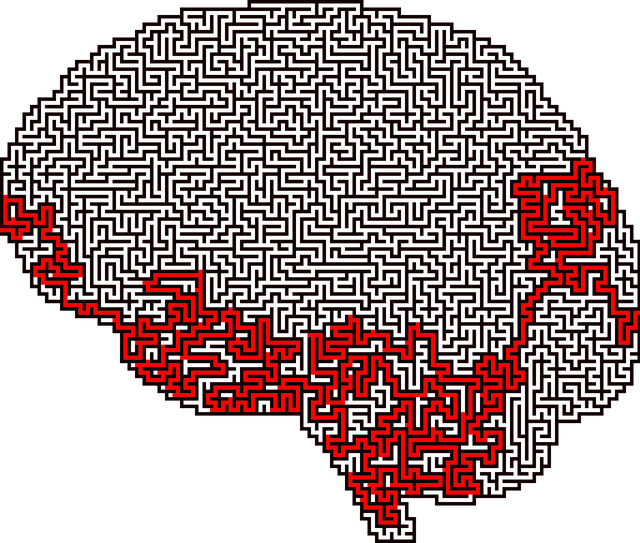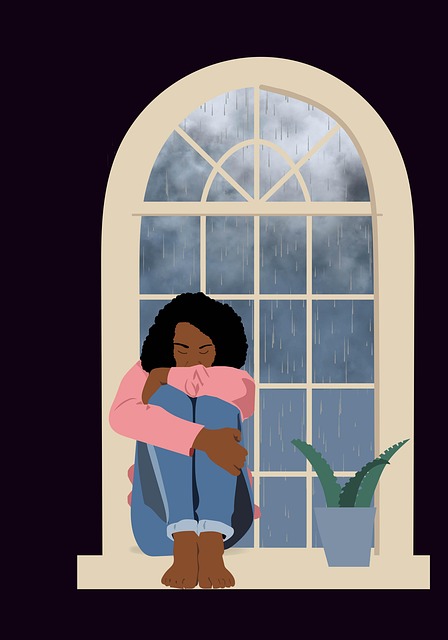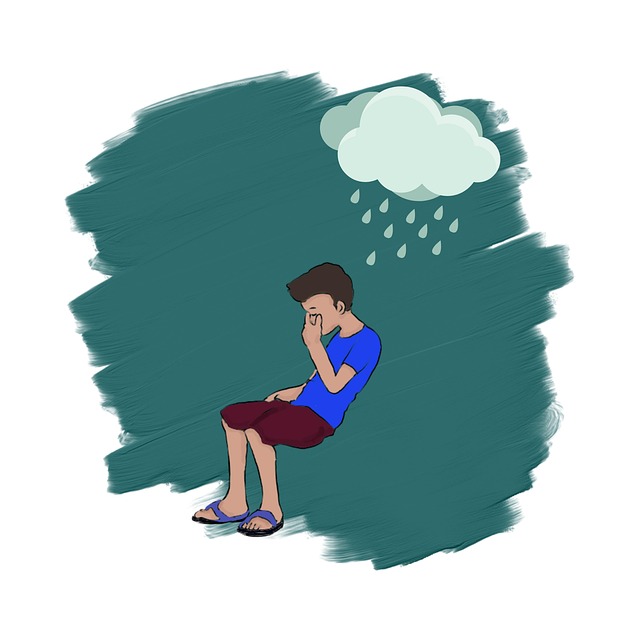Mental health challenges like specific phobias, including Lone Tree Phobias, impact daily life, prompting a need for accessible therapies. Technology has revolutionized therapy through apps offering guided meditations, cognitive-behavioral techniques, and journaling for self-reflection. An effective Lone Tree Phobias Therapy app should incorporate gradual exposure, mindfulness exercises, crisis intervention tools, personalized plans, and community forums to reduce anxiety and foster engagement. The growing mental wellness app market caters to diverse needs with culturally sensitive designs, ensuring inclusivity and accessibility for users seeking digital therapy options.
Mental wellness apps are transforming the way we approach mental health challenges. In this article, we explore the impact of technology on therapy, highlighting both its benefits and considerations. We delve into the development process of a specific app designed for Lone Tree Phobias Therapy, showcasing effective strategies in addressing unique fears. Additionally, we analyze market trends and user engagement tactics within the mental wellness space, offering insights into the future of digital mental health solutions.
- Understanding Mental Health Challenges and Their Impact
- The Role of Technology in Therapy: Benefits and Considerations
- Developing an Effective Lone Tree Phobias Therapy App
- Market Trends and User Engagement Strategies for Mental Wellness Apps
Understanding Mental Health Challenges and Their Impact

Mental health challenges are widespread, often invisible, and can significantly impact individuals’ daily lives. Conditions such as lone tree phobias, stemming from intense fear and anxiety related to specific objects or situations, illustrate the diverse nature of mental wellness issues. These fears can be debilitating, isolating people from their communities and hindering their overall well-being.
Understanding these challenges is crucial for developing effective interventions. Empathy building strategies, for instance, play a vital role in bridging the gap between individuals with mental health struggles and support systems. Additionally, risk management planning for mental health professionals ensures safe and ethical practices when addressing these complex issues. Community outreach program implementations can further promote awareness, reduce stigma, and provide much-needed support to those facing mental health challenges, fostering an inclusive environment.
The Role of Technology in Therapy: Benefits and Considerations

Technology has revolutionized the way we approach therapy and mental wellness, offering new avenues for support and treatment, especially when it comes to addressing specific phobias like Lone Tree Phobias. Apps designed for therapeutic purposes provide accessible and convenient tools for users seeking to manage their mental health. These digital platforms often incorporate features such as guided meditations, cognitive-behavioral techniques, and personalized journaling to promote self-reflection and stress reduction methods. By integrating technology into therapy, individuals can access support whenever and wherever they need it, making mental health education programs design more inclusive and effective.
While the benefits of digital therapy are numerous, there are considerations to keep in mind. Ensuring data privacy and security is paramount to protect user information. Additionally, the effectiveness of these apps relies on their careful design and evidence-based practices, as well as user engagement and consistency in using the platform. Incorporating positive thinking exercises and promoting self-care through technology can significantly contribute to overall mental wellness.
Developing an Effective Lone Tree Phobias Therapy App

Developing an effective Lone Tree Phobias Therapy app requires a deep understanding of the user’s needs and leveraging cutting-edge technology to create immersive experiences. These apps should aim to desensitize users to their fear by gradually exposing them to images, videos, or augmented reality simulations of lone trees in various settings. Incorporating evidence-based cognitive-behavioral techniques, such as mindfulness exercises and positive thinking strategies, can help reduce anxiety and promote anxiety relief.
The app should also offer crisis intervention guidance through interactive tools and resources, ensuring users have access to immediate support when needed. Features like progress tracking, personalized therapy plans, and community forums can enhance engagement and encourage consistent use. By combining therapeutic methods with engaging design, these apps have the potential to empower individuals facing lone tree phobias to overcome their fears and foster a sense of calm in even the loneliest situations.
Market Trends and User Engagement Strategies for Mental Wellness Apps

The market for mental wellness apps has seen significant growth, reflecting a broader societal shift towards prioritizing mental health. According to recent trends, users increasingly seek digital solutions that offer accessible and personalized therapy options. This demand has led to a proliferation of apps focusing on various aspects of mental wellness, from stress management techniques to depression prevention strategies. One notable trend is the integration of features tailored for specific phobias, such as Lone Tree Phobias Therapy, indicating a growing awareness of diverse psychological needs.
Engaging users within these apps demands a strategic approach that combines effective therapy models with innovative digital design. Incorporating elements like interactive exercises, gamified challenges, and personalized progress tracking has proven successful in maintaining user engagement. Moreover, cultural sensitivity in mental healthcare practice is gaining importance, with apps adapting to accommodate diverse cultural contexts and beliefs, ensuring inclusivity and broader appeal. By leveraging these trends, developers can create compelling mental wellness apps that not only cater to individual needs but also foster long-term user commitment.
Mental wellness apps, such as those focusing on Lone Tree Phobias Therapy, have the potential to significantly enhance access to mental health support. By leveraging technology, these applications offer flexible, personalized, and often cost-effective solutions for addressing various mental health challenges. However, developers must carefully consider ethical implications, data privacy, and evidence-based practices to ensure their apps provide genuine benefits. Staying attuned to market trends and user engagement strategies will further foster the growth of this vital digital wellness sector.
